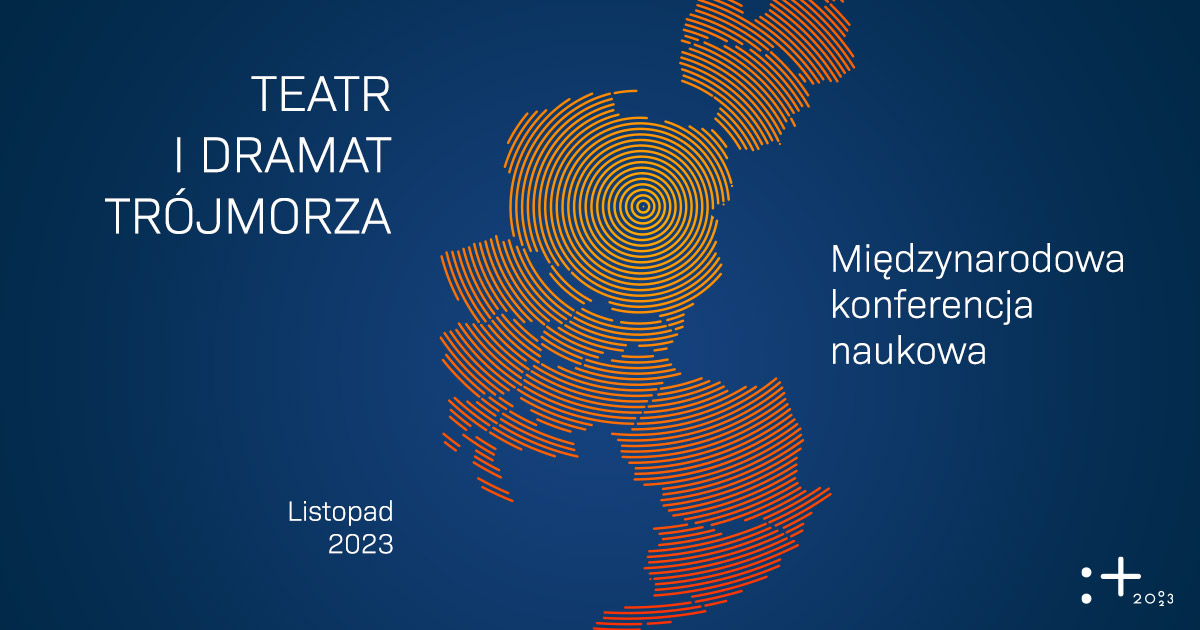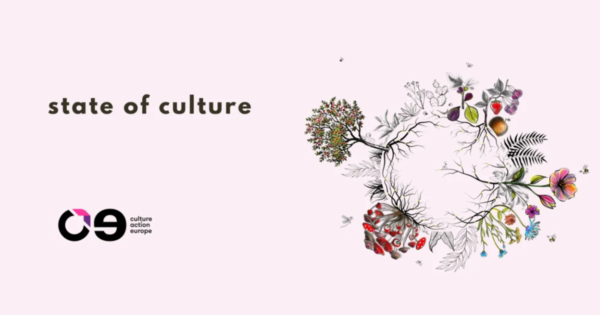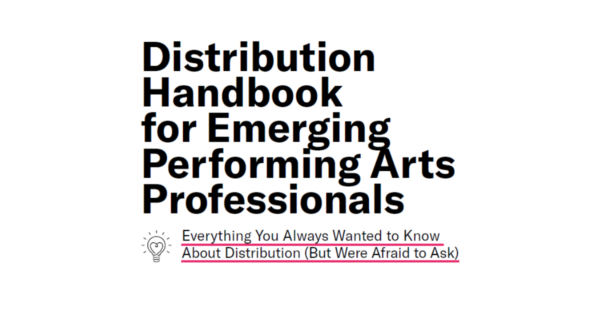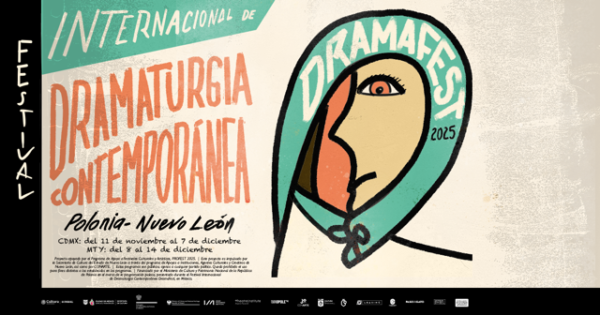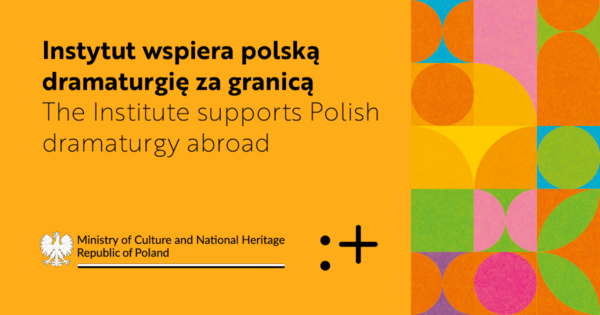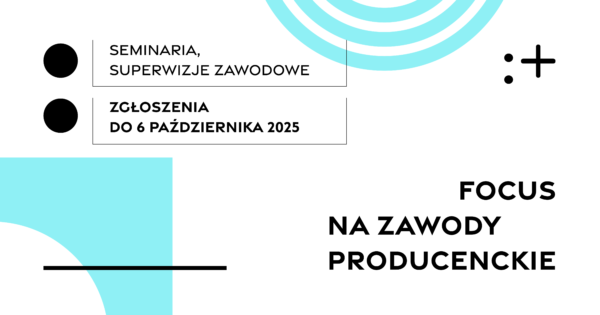The conference ‘The Tri-seas – Theatre and Drama’ aims first and foremost to recognize the situation of theatre and dramatic literature in our part of Europe, where very different cultures and civilizations have clashed for centuries, and where a great many original and self-generated phenomena have also emerged. On the occasion of the meeting of theatre and drama theoreticians and practitioners from Estonia, Latvia, Lithuania, the Czech Republic, Slovakia, Hungary, Austria, Slovenia, Croatia, Bulgaria, Romania and Poland, we would also like to ask some questions that are, in our opinion, important – whether the common historical experience has created a certain common trait in the field of performing arts?, whether theatre as an art directly related to the here and now has reacted in a similar way in these countries to the turbulent and violent changes taking place in the 20th and 21st centuries?, and finally, we can (and perhaps should) break with the conviction and the notion that theatre and drama in the Tri-seas are secondary to the rich (but really richer? ) theatrical traditions of Western Europe or Russia.
SCHEDULE
20th November (Monday)
12:15-13:45 | DNA of Polish Theater – Panel I
Jarosław Cymerman
Jadwiga Majewska
Jagoda J. Skowron
Joanna Reczek- Szwed
Jakub Szwed
15:00-17:00 | Paradigms and Dynamics – Panel II
15:00-15:30
Aldo Milohnić, „On Dynamic Developments in Slovenian Postmodern and Contemporary Theatre”
15:30-16:00
Višnje Kačić Rogošić, „Dynamics of Croatian Independent Scene in the 20th and 21st Century”
16:00-16:30
Katarina Tomps, „Estonian theatre – how do You do?”
16:30-17:00
discussion
21st November (Tuesday)
10:00-12:00 | Political and Laughter – Panel III
10:00-10:30
Radka Kunderová, „The Political versus Laughter in the Czech Post-1989 Theatre” (online)
10:30-11:00
Gašper Troha, „What Shakes the Mind and Heart in Eastern Europe at the Beginning of the 21st Century?”
11:00-11:30
Dino Pešut, „Mapping The Millenial Directors In Post Yugoslavian Context”
11:30-12:00
discussion
12:30-14:00 | War and Freedom – Panel IV
12:30-13:00
Tamás Jászay, „The last days of independent performing arts in Hungary” (online)
13:00-13:30
Dária Fehérová Fojtíková and Marek Godovič, „Slovak totalitarian system and freedom in Slovak theatrical productions through eyes of foreign directors”
13:30-14:00
Aneeli Saro, „The wars that unite and separate us. Depictions of war in Estonian theatre”
14:00-15:00
lunch break
15:00-17:00 | Cheers and Struggles – Panel V
15:00-15:30
Irene Moundraki, „Greece, Home of Drama, in real Time and the mission of a National Theatre”
15:30-16:00
Nikolay Iordanov, „Contemporary Theatre Landscape In Bulgaria”
16:00-16:30
Monika Yaniskaite, „Waiting for Market: Cheers and Struggles in Contemporary Lithuanian Theatre”
16:30-17:00
discussion
22nd November (Wednesday)
10:00-12:00 | Dance as The New Theater – Panel VI
10:00-10:30
Helmutas Šabasevičius, „Lithuanian contemporary dance scene”
10:30-11:00
Orsolya Bálint, „Dance is the new theatre in Hungary”
11:00-11:30
Inta Balode, „Some quick thoughts on where the Latvian dance field is at the end of 2023”
12:00-14:00
Tri-sea for Culture – discussion
